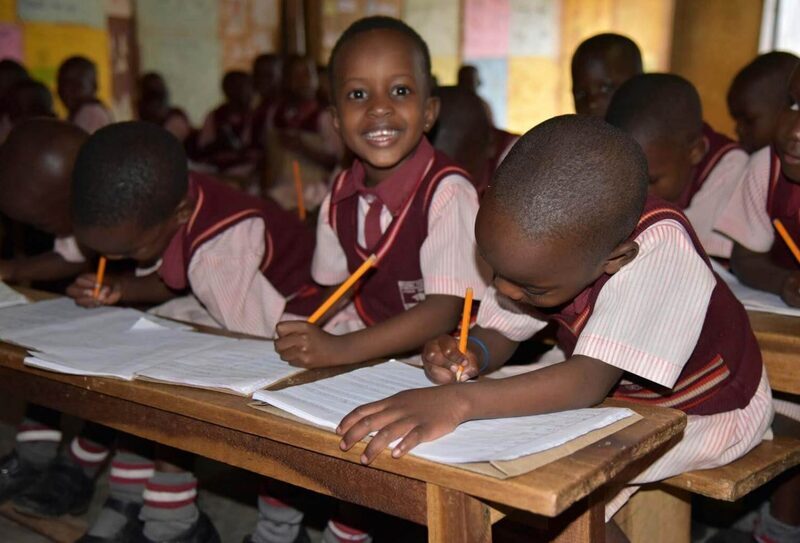
EU adopts new rules to significantly cut packaging waste with re-use targets
The European Union has formally adopted a regulation on packaging and packaging waste. The new ...

The World Bank earmarked $150 million to enable greater access to higher quality secondary education among Ugandan children in safer and better equipped learning environments that are also supportive of girls’ education.
The Uganda Secondary Education Expansion Project (USEEP) is financed by an International Development Association credit of $90 million, and a grant of $60 million from the Window on Host Communities and Refugees.
The project will directly benefit about 2.5 million learners. A total of 116 new lower secondary day-schools will be constructed, and 61 schools will benefit from additional classrooms in underserved districts, creating 70,300 new spaces for learners, including 30,000 in areas hosting refugees.
Schools will be fully furnished and equipped to accommodate two streams of students.
The project will provide student textbooks and teacher guides, support continuous teacher professional development, and implement an accelerated education program for children who are not currently attending school.
“Uganda needs to expand access to secondary education to enhance its human capital. This is essential if Uganda is to improve the future wellbeing of its citizens while also enabling the economy to grow through their increased productivity,” World Bank Country Manager Tony Thompson said.
This project aims to provide new school spaces while at the same time creating a conducive learning environment which is safe, promotes students’ personal growth and self-esteem, and increases retention for both boys and girls. It includes special measures to reduce the prevalence of early pregnancies and to assist young mothers to re-enter lower secondary education when they drop out.”
Uganda is a pioneer in Sub-Saharan Africa in implementing policies to achieve universal access to primary and secondary education.
Uganda’s current budget expenditure on education is among the lowest in the region. During the last five years, education expenditure as a share of the national budget was declining in Uganda, reaching 10% in 2019/20 while the average for Sub-Saharan Africa (SSA) is 16% and has been steadily increasing over the same period.
The USEEP complements other World Bank support to improve education in Uganda. The recently completed Teachers and Schools Effectiveness Project (funded by Global Partnership for Education and managed by the Bank) focused on primary education and early childhood development (ECD). As a result of the project, more than 17,000 teachers were trained in early grade reading and 13 million math and English textbooks were delivered improving the pupil-textbook ratio from 14 at baseline to two. About 28% of pupils can read 20 or more words per minute compared to 13% in 2016. An e-inspection system is in place to monitor and support school performance.
“Uganda’s school age population is growing very fast increasing demand for quality education. This project is following a new model of expanding secondary education in Uganda that optimizes capital investment as well as recurrent costs while introducing quality measures. We hope that the proposed model will enhance prospects for further sustainable expansion of secondary education in Uganda,” said Kirill Vasiliev, Senior Education Specialist and Task Team Leader.
The European Union has formally adopted a regulation on packaging and packaging waste. The new ...
Inaugurating the Abydos Solar Power Plant in the Upper Egypt governorate of Aswan represents a ...
Businesses that fail to adapt to climate risks like extreme heat could lose up to ...


اترك تعليقا